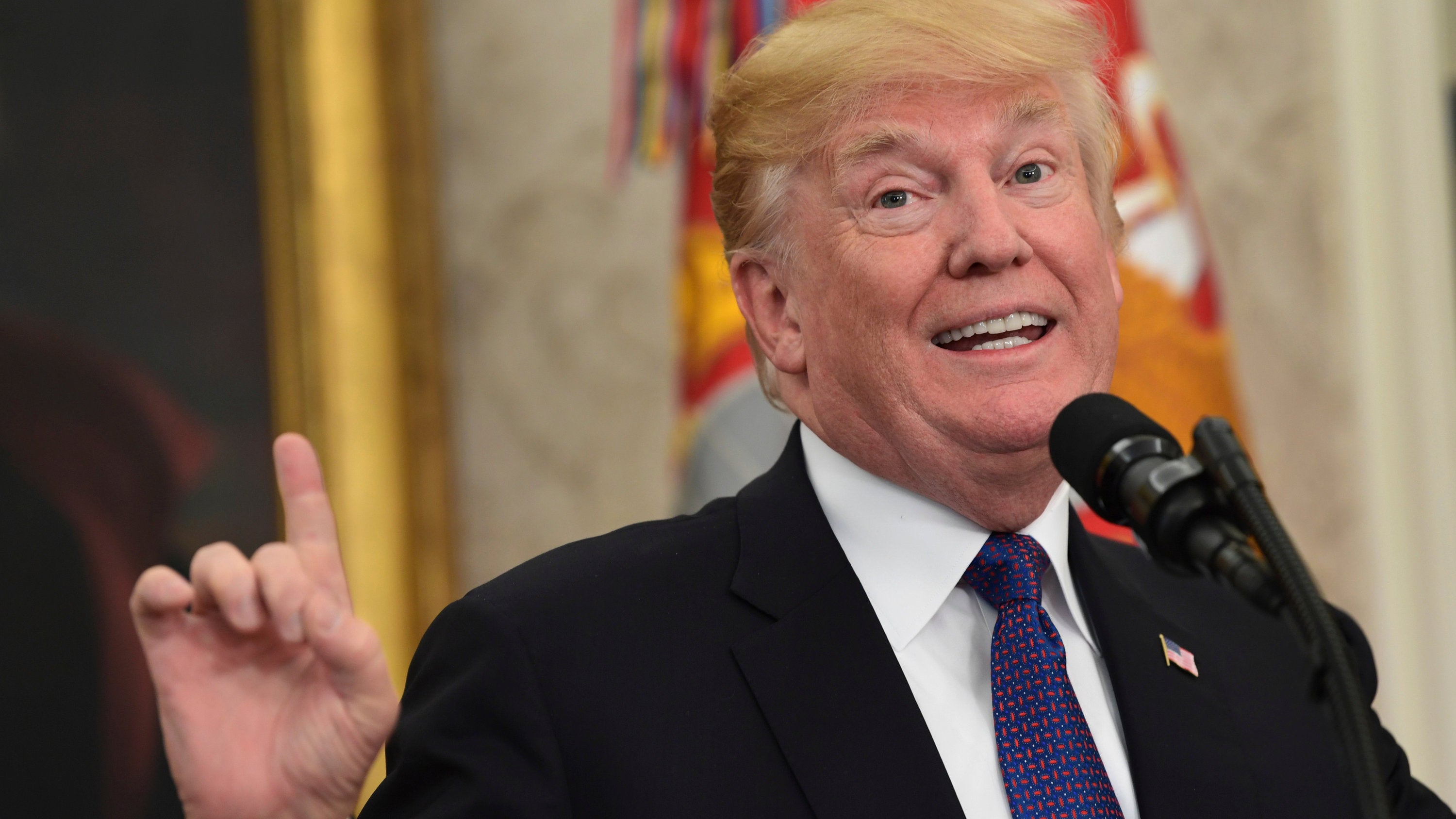Ghana's Mental Healthcare System: 80 Psychiatrists For 30 Million People

Table of Contents
The Severe Shortage of Mental Health Professionals in Ghana
The statistic of 80 psychiatrists for a population of over 30 million paints a grim picture of access to mental healthcare in Ghana. This extreme disparity leads to numerous critical consequences. Patients face agonizingly long wait times for appointments, often delaying or preventing vital treatment. Many individuals, particularly those in rural areas, are unable to access care altogether, resulting in untreated mental illnesses worsening and potentially leading to devastating outcomes. The inadequate number of mental health professionals extends beyond psychiatrists; there’s also a critical deficiency of psychologists, nurses, and social workers specialized in mental health.
- Lack of psychiatrists across all regions, particularly in rural areas, leaves vast swathes of the population underserved.
- Insufficient number of other mental health professionals creates an overwhelming workload for those who are available, leading to burnout and compromised care quality.
- The incredibly high patient-to-professional ratio further exacerbates these issues, diminishing the quality of care that can be provided.
- The phenomenon of brain drain, with skilled professionals emigrating to wealthier nations seeking better opportunities and working conditions, further compounds the shortage of Ghana mental health professionals.
Inadequate Funding and Infrastructure for Mental Healthcare in Ghana
The shortage of mental health professionals is inextricably linked to a chronic lack of funding and inadequate infrastructure within the mental healthcare system in Ghana. Budgetary constraints severely limit the capacity of mental health institutions to provide comprehensive and effective care. This translates into dilapidated facilities, insufficient equipment, and a critical shortage of essential resources.
- Many hospitals and clinics are poorly equipped and lack the basic tools and technologies necessary for modern mental healthcare.
- The lack of funding for research and training hampers the development of new treatments and the expansion of the mental health workforce.
- Limited access to medication and other essential resources, including psychosocial interventions, further limits the efficacy of treatment.
- The pervasive stigma surrounding mental illness unfortunately hinders investment in the sector, as mental health is often viewed as a low priority compared to physical health concerns. This makes securing sufficient mental health funding in Ghana an even greater challenge.
The Stigma Surrounding Mental Illness in Ghana
The stigma surrounding mental illness in Ghana presents a significant barrier to accessing care. Cultural beliefs and societal attitudes often contribute to misconceptions and fear, leading to discrimination and social isolation for those affected. This stigma significantly impacts help-seeking behaviors.
- Common misconceptions and myths about mental illness persist, often portraying individuals with mental health conditions as dangerous or inherently flawed.
- The fear of discrimination and social isolation prevents many individuals from disclosing their struggles and seeking professional help.
- Consequently, many individuals reluctantly avoid seeking professional help, opting instead for potentially ineffective or even harmful traditional methods.
- While traditional healers play a role in some communities, their limitations in addressing complex mental health issues highlight the need for integrated and evidence-based care. Addressing mental health stigma in Ghana is crucial for facilitating help-seeking behaviors.
Government Initiatives and Potential Solutions for Improving Ghana's Mental Healthcare System
While challenges are significant, several government initiatives aim to address the mental health crisis in Ghana. However, significantly more investment and comprehensive strategies are needed. Potential solutions include:
- Increased funding for mental healthcare, including training programs, facility upgrades, and access to medication.
- Training more mental health professionals through scholarships, enhanced training programs, and improved working conditions to incentivize professionals to stay in Ghana.
- Large-scale public awareness campaigns to destigmatize mental illness and promote help-seeking behaviors.
- Integration of mental healthcare into primary care settings to ensure wider access and early intervention.
- Adapting successful mental health initiatives from other countries to the Ghanaian context.
- Strengthening partnerships between NGOs, international organizations, and the government to provide comprehensive support.
- Actively advocating for greater public and private sector investment in Ghana's mental healthcare system.
Conclusion: Addressing the Urgent Need for Mental Healthcare Reform in Ghana
The severe shortage of psychiatrists and inadequate resources within Ghana's mental healthcare system create a critical public health concern. The pervasive stigma surrounding mental illness further exacerbates the issue, preventing individuals from seeking essential care. Addressing this Ghana mental health crisis requires a multi-pronged approach, encompassing increased funding, the training of more mental health professionals, destigmatization campaigns, and the integration of mental healthcare into primary care.
Support Ghana's mental health by learning more about the issue, donating to relevant organizations, supporting mental health initiatives, and advocating for policy changes that prioritize mental wellbeing. Contact your representatives and urge them to invest in Ghana's mental health; every voice counts in building a healthier and more supportive nation. Let’s work together to improve Ghana's mental healthcare system.

Featured Posts
-
 The Future Of Xrp How Etf Applications And Sec Actions Will Shape Its Trajectory
May 02, 2025
The Future Of Xrp How Etf Applications And Sec Actions Will Shape Its Trajectory
May 02, 2025 -
 Merrie Monarch Festival Celebrating Pacific Island Dance And Music At The Hoike
May 02, 2025
Merrie Monarch Festival Celebrating Pacific Island Dance And Music At The Hoike
May 02, 2025 -
 Six Nations Frances Victory Scotlands Defeat Ramoss Performance
May 02, 2025
Six Nations Frances Victory Scotlands Defeat Ramoss Performance
May 02, 2025 -
 1000 Days Later Popular Fortnite Skins Back In The Item Shop
May 02, 2025
1000 Days Later Popular Fortnite Skins Back In The Item Shop
May 02, 2025 -
 Fortnite Cowboy Bebop Collaboration Get Your Freebies Now
May 02, 2025
Fortnite Cowboy Bebop Collaboration Get Your Freebies Now
May 02, 2025
